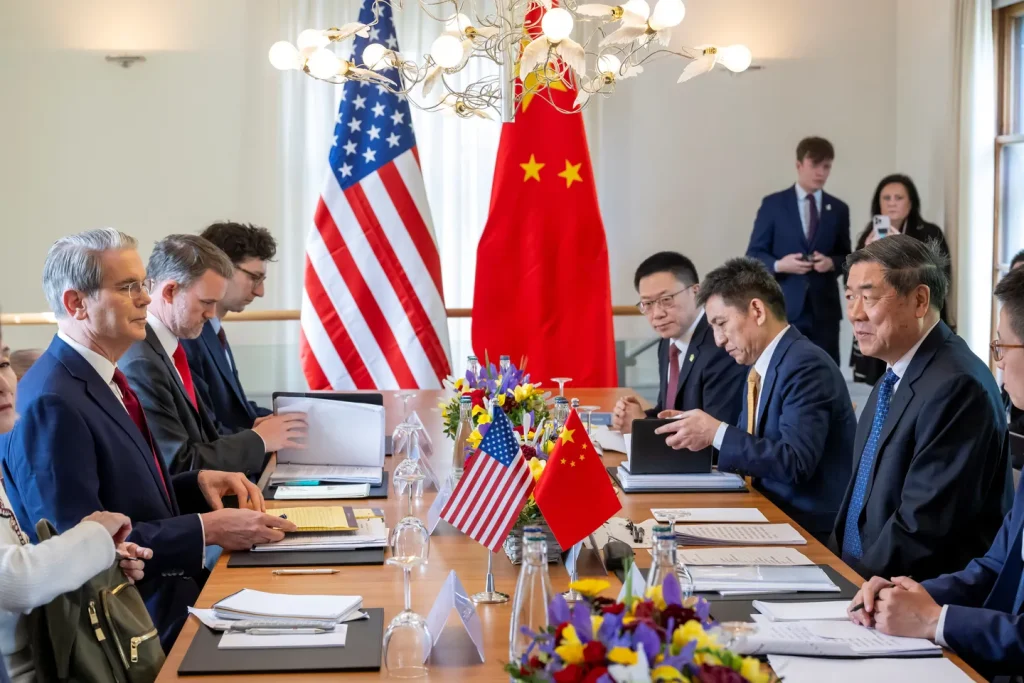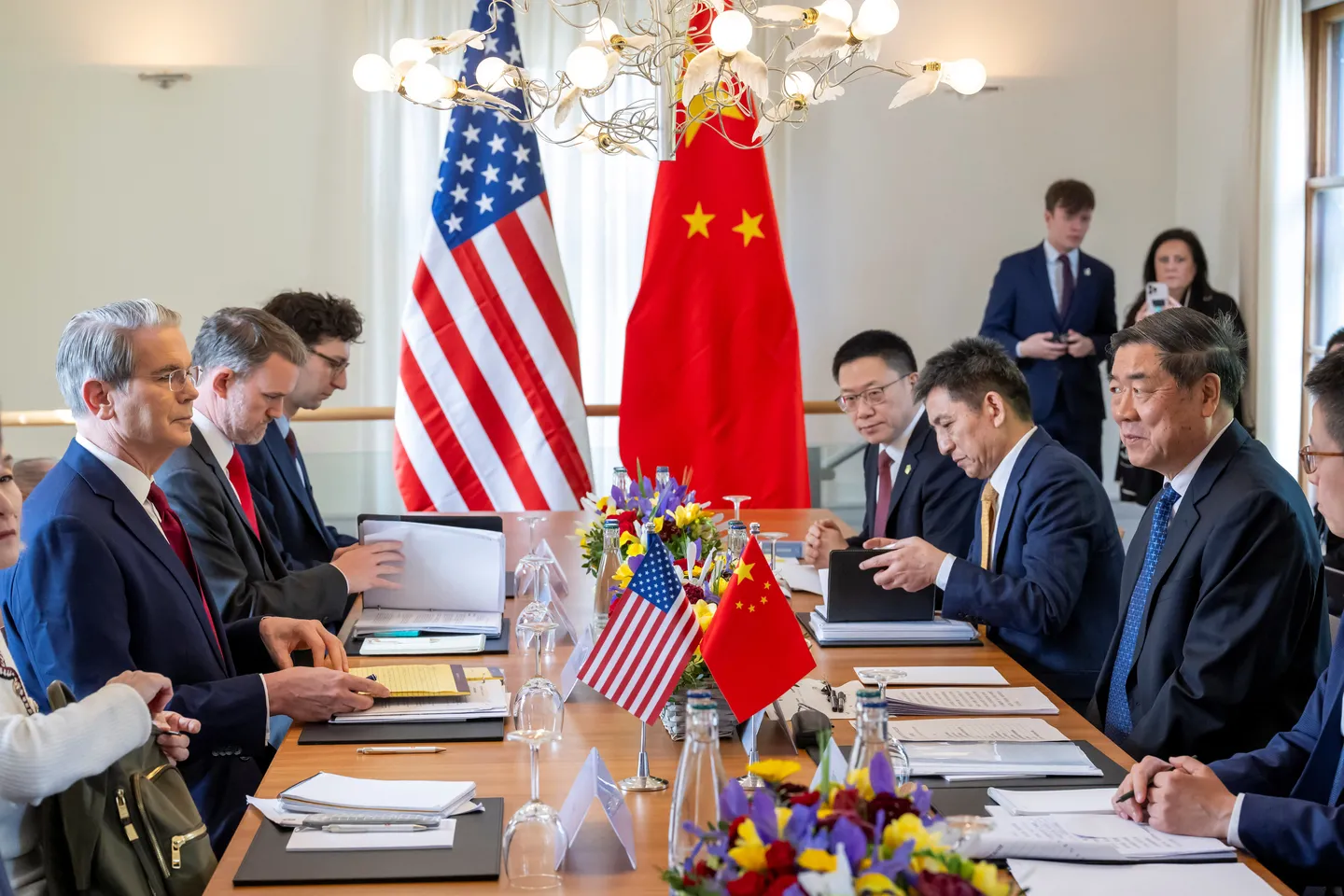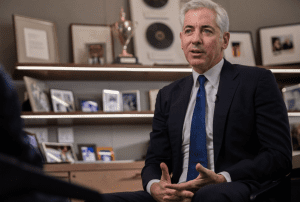China has firmly denied U.S. accusations that it is backtracking on a key agreement to reduce tariffs. The charges come just weeks after the two economic giants agreed to a 90-day tariff truce following high-level talks in Geneva.

But instead of easing, tensions are escalating once more.
A Fragile Deal Under Fire
Last month, Beijing and Washington struck a temporary deal to cut crushing trade tariffs, signaling a momentary pause in their long-running economic standoff.
However, on Sunday, U.S. Commerce Secretary Howard Lutnick accused China of “slow-rolling the deal.” Speaking on Fox News Sunday, Lutnick claimed Beijing had failed to act in good faith, despite the clear commitments made in Geneva.
The following day, China pushed back hard.
In a strongly worded statement, China’s Commerce Ministry called the accusations “bogus” and said Washington was acting “contrary to the facts.”
Trump’s Hardline Accusation
President Donald Trump added fuel to the fire. Speaking earlier in the week, he declared that China had ‘totally violated’ the Geneva agreement—though he offered no specific evidence.
Beijing fired back, stating that it has shown “sincerity in implementing the consensus,” and that the U.S. is instead acting unilaterally to undermine the deal.
China Lists Grievances
China’s Commerce Ministry laid out a list of American moves that it claims breach the spirit of the truce:
- Export controls on advanced technologies like AI chips
- The revocation of Chinese student visas
- A series of “discriminatory” trade restrictions imposed since Geneva
“The U.S. has made unreasonable accusations and taken measures that violate the consensus,” the ministry said.
Beijing Issues Warning
Calling on Washington to “meet China halfway,” the ministry demanded that the U.S. “immediately correct its wrongful actions.”
“If not,” the statement continued, “China will continue to resolutely take strong measures to uphold its legitimate rights and interests.”
While China remains committed to the trade consensus in principle, officials are signaling clear limits to their patience.
Another Flashpoint in a Volatile Relationship
The latest spat is a reminder that U.S.-China trade tensions remain deeply unstable, despite diplomatic overtures.
The Geneva talks had marked the most constructive engagement between the two powers in over a year. Yet analysts warned that underlying mistrust remains high—and that neither side was likely to fully deliver on the temporary agreement without further political will.
This new exchange confirms those fears.
Strategic Posturing or Breakdown Ahead?
Some see the U.S. accusations as political posturing in an election year. Others fear a collapse of the Geneva truce altogether.
For Beijing, the stakes are high: rising tariffs are slowing growth and fueling domestic pressure. For Washington, asserting control over technology exports and intellectual property remains a top priority.
If both sides fail to de-escalate, the world could be heading toward yet another round of trade hostilities—just as global markets begin to stabilize.

















Comments are closed.